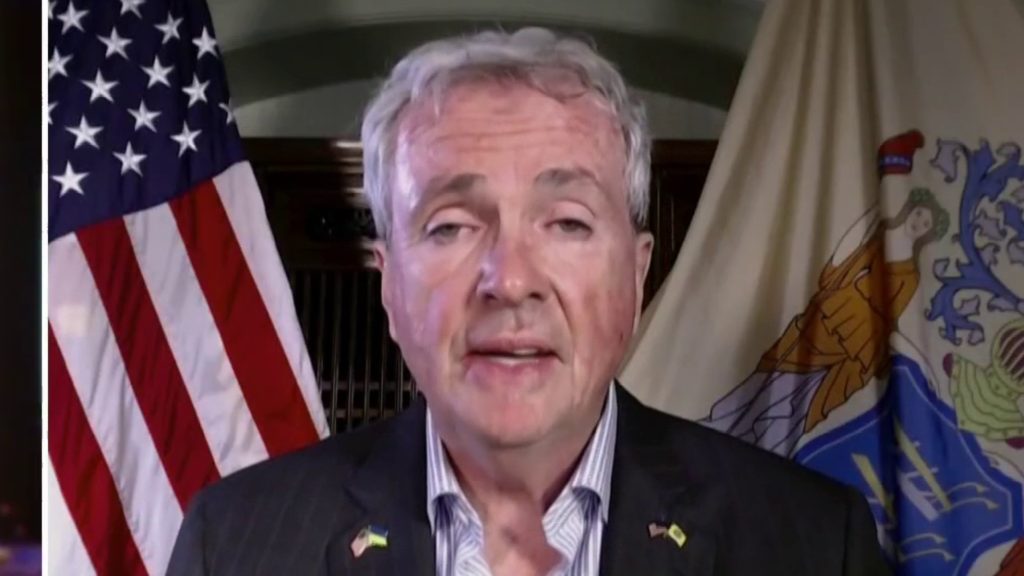Ed. Note: This is a press release from Education Law Center, which is closely affiliated with (and largely funded by) the state teachers union NJEA. Both lobbying groups have pushed back against the leadership of the State Board of Education, which has occasionally questioned the direction of Murphy’s Education Department, especially in regards to lowering standards and lack of transparency about how our students perform on standardized tests.
The State Board of Education (SBOE) plays a pivotal role in supervising New Jersey’s public schools, adopting rules to implement the Legislature’s laws, advancing Executive Branch policies, and ensuring compliance with constitutional requirements. The SBOE is a dynamic institution, with members serving six-year terms.
Governor Phil Murphy has neglected this critical function of his Administration by allowing 11 of the 13 members of the SBOE to remain after their appointments by prior governors have expired and, in some cases, years ago.
Bowing to pressure from education and civil rights advocates, Governor Murphy on September 29 finally nominated three new members to fill the expired seats of the SBOE President, Vice President, and that of another expired member. As required by law, the Senate must confirm the nominees before they can begin their Board service.
While a start, three nominees after five years in office is not nearly enough. By June 2023, if Governor Murphy’s nominees are seated, the 10 remaining Board members will be occupying expired seats.
Advocates are not letting up. They are demanding the Governor follow his three nominations with additional appointments. This is crucial for the State Board to function properly, continuously refreshed with new perspectives reflective of the current Administration, and as intended by law.
The SBOE is responsible for the “general supervision of public education” throughout the state. The policies and rules overseen by the SBOE range from the certification and professional development of teachers and other school staff to curriculum standards and student assessment, as well as many other education topics and concerns. For that reason, the law gives governors the power to appoint members to the State Board to reflect Executive Branch educational priorities and not those of former governors no longer in office.
Our Children/Our Schools (OC/OS) recently launched a campaign to remedy an expired SBOE and press Governor Murphy to fulfill his legal obligation to properly manage the state’s public school system. OC/OS intends to push the Senate to quickly confirm the three new appointments and any future nominees, while insisting the Governor do his part in the confirmation process and keep up a steady stream of nominations until the State Board is no longer packed with expired seats.
“After five years, we are pleased Governor Murphy has put forth three nominees to the State Board to serve our state’s 1.3 million public school students,” said Sharon Krengel, Education Law Center Director of Policy, Strategic Partnerships and Communications. “But the Governor has just started his job. We will not let him take the focus off the Board until all expired seats are filled with members who represent his Administration’s policies and priorities for our public schools.”


